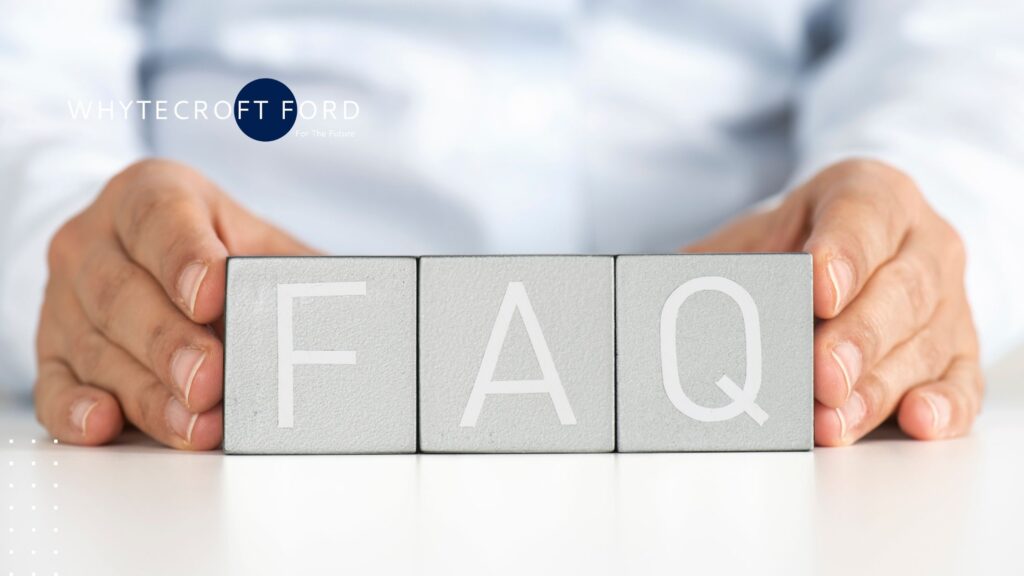The Permanent Account Number has become one of the most essential documents in India today. The card is issued by the Indian Income Tax Department on application. It plays a crucial role in financial transactions, tax filings, and identity verification. Whatsmore, it is estimated that there are 41 crore PAN cardholders in the country. Evidently, as we move ahead into 2024, the requirement for PAN remains important. This article explores PAN FAQs for a Person of Indian Origin in 2024.
Frequently Asked Questions & Key Insights

Difference between PIO & NRI Permanent Account Number
This pertains to two distinct categories of individuals: Non Resident Indians and Persons of Indian Origin, who are also referred to as Foreign Citizens or OCIs. These categories represent individuals who reside outside of India and have an Indian lineage, either by birth or ancestry.
- The Non Resident Indian category refers to individuals who were born in India but have since relocated to another country.
- While the Persons of Indian Origin category refers to individuals who have Indian ancestry but were born outside of India and are not citizens of India.
- Yet, a Foreign Citizen also includes individuals of Foreign Origin (non Indian origin – foreigner).
The distinction between these two categories is important because it impacts their legal and financial rights and obligations in India. Furthermore, the process of applying for PAN is different for either one.
Status Implications on Permanent Account Number
Non Resident Indians and Persons of Indian Origin have different eligibility criteria for various government schemes, such as investments, bank accounts, and real estate transactions. Moreover, they may have different tax liabilities and documentation requirements, depending on their status. Therefore, it is imperative for Non Resident Indians and Persons of Indian Origin to have a clear understanding of their status and the associated legal and financial implications. This can help them make informed decisions when it comes to managing their finances and assets in India. Seeking the guidance of professionals can be beneficial in ensuring that they are aware of their rights and obligations and are making informed decisions.
What is the short form of Permanent Account Number?
The abbreviation commonly used is (PAN) or (PAN Card).
What is a PIO Permanent Account Number card?
- A card issued to foreign citizens of Indian origin or descent for financial transactions in India. There are two types of card issued, one for Indian Nationals and the other for Foreign Citizens. Foreign Citizen includes, PIO, OCI, or a foreigner.
What is the purpose of Permanent Account Number?
- Permanent Account Number is a mandatory requirement for financial transactions in India.
- Permanent Account Number tracks financial transactions in India and is a requirement for TDS.
- The PAN card serves as a proof of identity for Indian matters.
What is the eligibility criteria for an Individual?
- A foreign citizen of Indian origin or descent who is not a citizen of Pakistan, Bangladesh, Sri Lanka, Afghanistan, China, Iran, Nepal, or Bhutan is eligible to apply. This also includes foreigners for work purposes in India.
What are the documents required for applying?
- To apply for a PAN as a foreign national, you need to submit similar documents as a regular PAN applicant. Including proof of identity and proof of address. The number of documents required for foreign nationals is two, compared to three for Indian nationals.
How can I apply?
- Applications can be made through the same channels as regular applications. Including online and offline modes and you may apply form outside of India.
What is the processing time for a PIO Permanent Account Number application?
- Processing time for an application is the same as for a regular application. Which is usually around 15-20 business days. However, an applicant must account for application preparation time, document gathering and submission time.
What does the number consist of?
- It consists of both letters and numbers.
- The first five characters on the card signify alphabets, followed by four digits, and ending with a single alphabet
- PAN’s last letter is a check digit and it verifies authenticity of the card.
What is the AO code for PIO PAN?
- An AO code for foreign citizen depends on several factors such as the type of income, residential status, and place of jurisdiction. You can find your AO code by visiting the Income Tax Department’s official website.
Can I update my information on a PIO PAN card?
- Yes, you can update your information by following the application to update guidelines. Although, there are some updates you cannot apply for online. These include, reactivation of PAN, changing your status from resident to OCI and vice versa.
What is the validity of a PIO PAN card?
- Validity is the same as for an Indian Nationals, which is for a lifetime. However, it needs to be updated as and when the information changes.
What are the consequences of not possessing a PIO PAN card?
- Subsequently, not possessing an active card may lead to difficulties in conducting financial transactions in India. Therefore, it is recommended to obtain a PAN card if you are eligible for it.
What is TDS in PAN?
- It is a obligatory requisite and is called Tax Deducted at Source (TDS).
- Applicable to tax levied on the entire sale amount of a property, other investments and gains.
- Under this system tax is deducted at the origin of the income.
- Tax is deducted by the payer and is remitted to the Government by the payer on behalf of the payee.
What is TAN & how does it link with PAN?
- TAN stands for Tax Deduction Account Number.
- To be obtained by the person responsible to deduct tax, i.e., the deductor.
- In all the documents relating to TDS and all the correspondence with the Income-tax Department relating to TDS, TAN must be provided.
- PAN cannot be used for TAN, hence, the deductor has to obtain TAN, even if he holds a PAN.
How are my assets in India connected to PAN?
When it comes to assets in India, PAN plays a crucial role in the management and tracking of these assets.
- It is mandatory for an individual or a company to quote their PAN.
- PAN applies to buying or selling assets such as property, shares, and mutual funds.
- Linked to bank accounts and credit cards.
Permanent Account Number & Ancestral Property
Ancestral property and financial inheritances fall under financial transactions in India. Advisably PAN should be obtained in advance to avoid delays in property transfers.
What are the potential pitfalls of not possessing a valid PAN while engaging in financial activities in India?
- Severe delays in property sale completion.
- Administrative mistakes, such as incorrect tax filings and penalties for non-compliance.
- Difficulty in opening a bank account, applying for loans or credit cards, and participating in stock trading or other investment activities.
- Legal consequences, such as fines for not complying with the tax laws and regulations.
Reserve Bank Of India: Recent NRO Legislation Updates
While a Permanent Account Number (PAN) has always been mandatory for opening an NRO account, the frequent updates by relevant authorities can make application processes more cumbersome. Often it is advisable to obtain requirements sooner than later. This may avoid ineligibility due to regulatory updates.
For example, in line with recent updates, apart from PAN, an NRO account now requires a driver’s license as additional documentary proof. This recent update from the Reserve Bank of India (RBI) regarding the requirement of additional documentation to open a Non-Resident Ordinary (NRO) account in India may pose a challenge for individuals who do not possess a driver’s license (subject to change).
Summary
The concept of Permanent Account Number was first introduced in India in 1972 as a means to track financial transactions. For a person of Indian origin in 2024, having a PAN is crucial for various financial and taxation purposes. It serves as a unique identification number that is required for opening bank accounts, filing income tax returns, and making high-value transactions. Additionally, not having a PAN can result in hefty penalties and legal consequences. Therefore, it is highly recommended for individuals of Indian origin to obtain a PAN in order to comply with financial regulations and avoid any potential issues.
How Can We Help
We may be able to assist you depending on your circumstances. Please don’t hesitate to contact us for further information.






